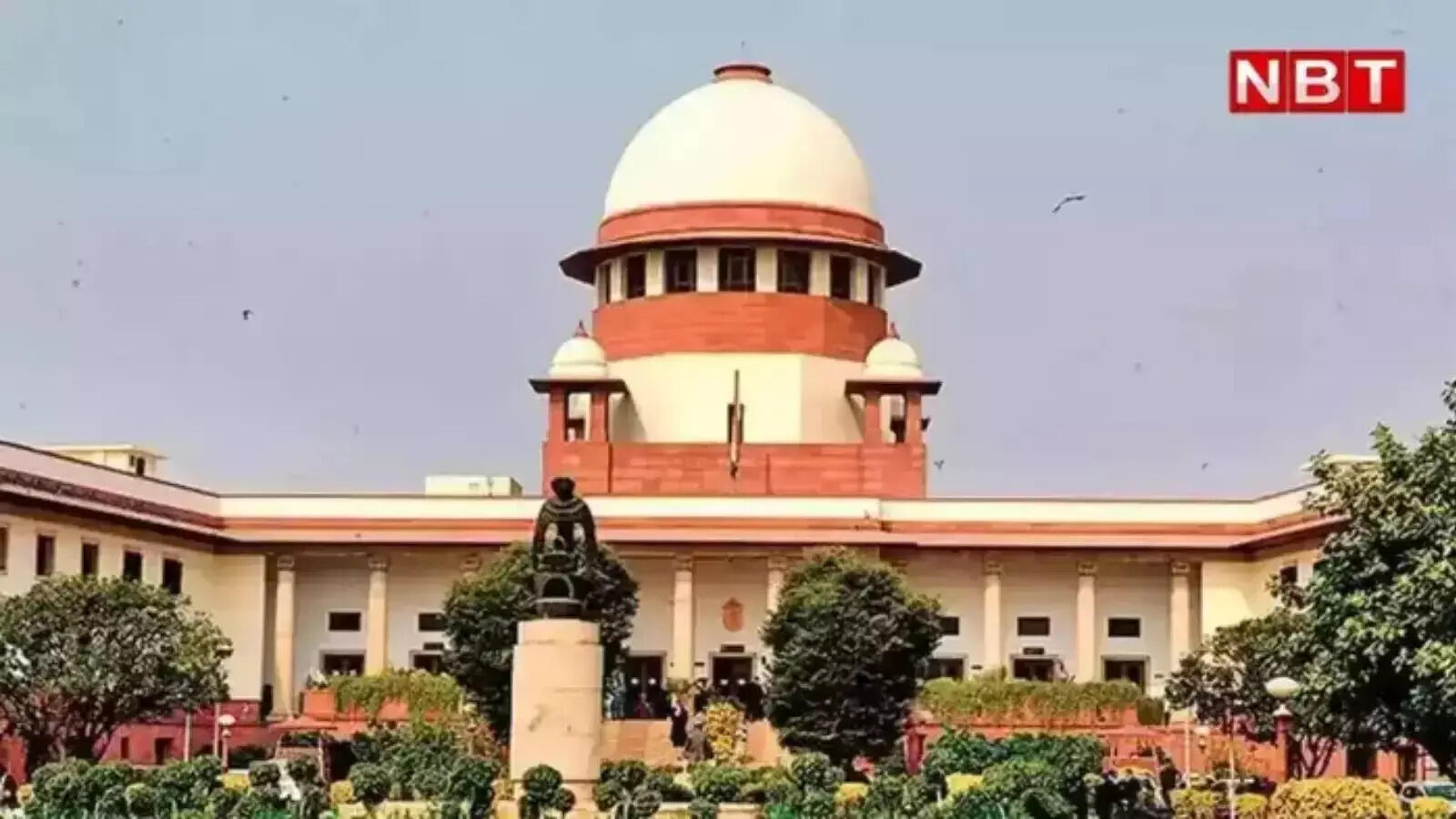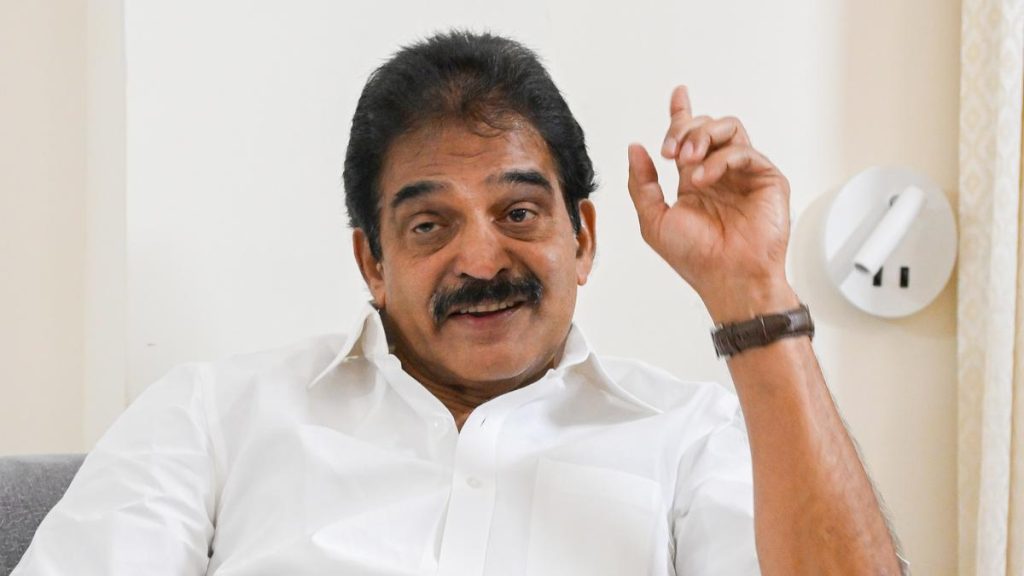Now Reading: वैवाहिक विवाद पर सुप्रीम कोर्ट की फटकार: ‘महाराजा जैसी सोच छोड़ें
-
01
वैवाहिक विवाद पर सुप्रीम कोर्ट की फटकार: ‘महाराजा जैसी सोच छोड़ें
वैवाहिक विवाद पर सुप्रीम कोर्ट की फटकार: ‘महाराजा जैसी सोच छोड़ें

Quick Summary
- Supreme Court Intervention: Teh Supreme Court reprimanded a couple in a marital dispute, asking them to avoid acting like “royalty,” stressing india’s 75 years of democracy.
- Key Dispute: A 1951 Rolls Royce car worth over ₹2.5 crore-originally commissioned by Jawaharlal Nehru for the Maharani of Baroda-and financial disagreements form the basis of conflict.
- Background of Allegations:
– The wife claims ties to an eminent royal lineage traced back to Chhatrapati Shivaji Maharaj and alleges dowry demands, including the Rolls Royce and a Mumbai flat, accompanied by harassment from her husband.
– The husband refuted these allegations, asserting his connection to a military family and his role managing a school in Madhya pradesh.
- Legal actions:
– Both parties have filed cases against each other: fraud accusations from the husband’s side versus dowry harassment and cruelty charges from the wife’s end.
– High Court dismissed her complaint; she has now challenged this verdict in the Supreme Court.
- Next Steps: Appointed mediator failed to secure an agreement between parties; court warned strict orders within three days if mediation fails.
Indian Opinion Analysis
This case underscores how legacy assets like an iconic Rolls Royce can exacerbate familial disputes when intertwined with larger social issues such as heritage identity and alleged dowry practices. By emphasizing democratic principles over monarchical attitudes, the Supreme Court’s criticism serves as a reminder that nobility titles or lineage are irrelevant in contemporary Indian judicial frameworks.
The court’s proactive stance on mediation reflects it’s broader aim of reducing long-drawn litigation while prioritizing reconciliation. However,failure to arrive at mutual consensus could lead to stringent legal measures that may set precedent for handling similar matrimonial conflicts involving past wealth or cultural legacies. Irrespective of outcomes, societal concerns about entrenched practices like dowry remain pivotal-the resolution may contribute valuable discussions on modern India’s evolving societal norms.
























